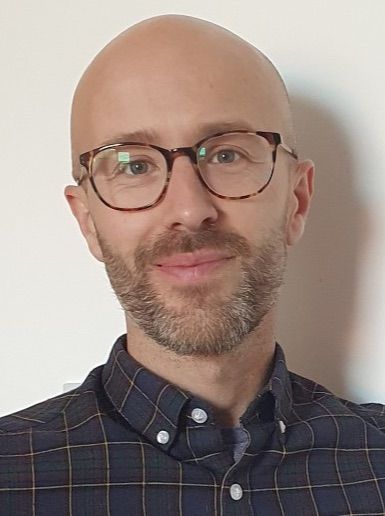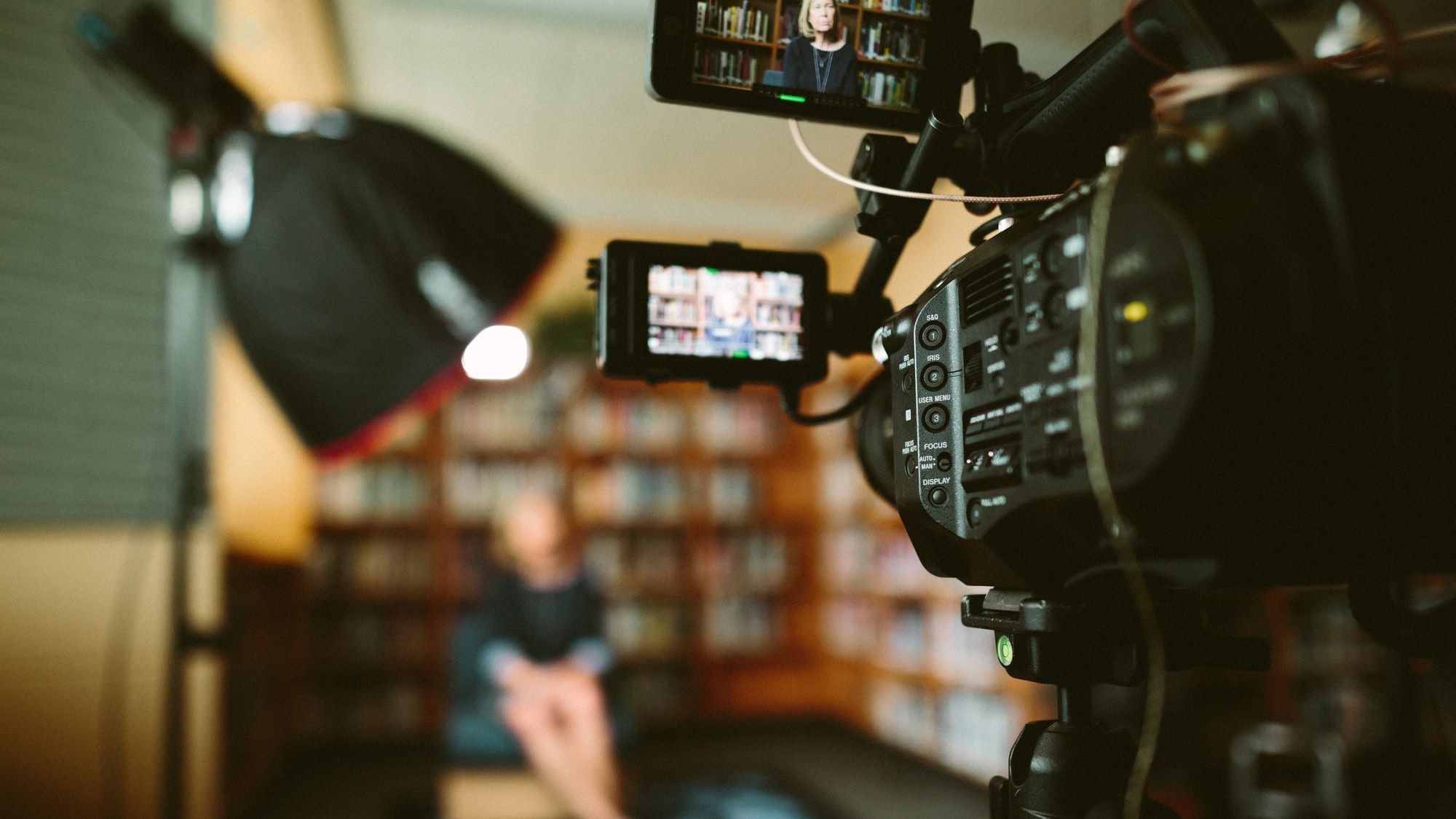
Dr Matt Benwell, Newcastle University
DRN: How did you got into researching the Falklands?
Dr Benwell: As a child and teenager, I can remember our family having a large map of the world on the kitchen wall and the place where I always sat was next to the continent of South America. I always found it curious that there were these islands called the Falklands that, the map told me, belonged to the UK. I think my fascination with the islands started there and was fuelled further by a module I took when studying Geography at Royal Holloway, University of London, convened by Professor Klaus Dodds. This focused on the 'Geopolitics of the Southern Cone and Antarctica' and his inspirational lectures on, among other topics, dictatorial regimes in Argentina, Chile, Uruguay and Brazil, polar geopolitics and the Falklands/Malvinas War were fundamental in leading me to investigating the Falklands in my research.
DRN: How was your work on the Falklands funded?
Dr Benwell: My original PhD proposal, funded by the ESRC 1+3 scheme, was set to look at how young people learn about and engage memories of the dictatorship (1976-83) in Argentina, however, I wasn't able to devote time to learning Spanish during my MA and so had revise my project. I eventually undertook the research for my PhD in Cape Town, South Africa, on children's geographies and the legacies of apartheid. However, I realised that my regional interest in South America was still strong and a few years post-PhD I decided to leave academia and head to Buenos Aires to study Spanish intensively for a year. This self-funded trip enabled me to undertake some pilot studies and publish a couple of papers on maritime claims in the South Atlantic and young people's perspectives on the Falklands/Malvinas. A few years later I was very fortunate to receive an Early Career Fellowship, funded by the Leverhulme Trust, that enabled me to undertake a project on, 'The making of the geopolitical citizen: the case of the Falklands/Malvinas'. This facilitated research trips to different cities across Argentina and two trips to the Falkland Islands. I've subsequently published several papers looking at how young people in Argentina and the Falklands learn about the sovereignty dispute and memory of the 1982 war.
DRN: What was it like co-publishing in another language?
Dr Benwell: It has been really fun to co-publish with colleagues in Argentina and Chile. The way we've approached this is by developing ideas together, having long discussions in Spanish about concepts, theory and the contributions we'd like to make drawn from our research. Then, I tend to take the lead on papers in English that we co-publish, and my Argentine/Chilean colleagues take the lead on the Spanish papers. This is partly a strategic decision given the extended time it would take for me to write a paper in Spanish from scratch and vice versa. Occasionally, we translate some of the English papers that we've published together into Spanish using professional academic translators. This is to try and reach as wide an audience as possible throughout Latin America.
DRN: Are you involved in any work reflecting on the 40th anniversary of the Falklands?
Dr Benwell: This year is a particularly busy one with the 40th anniversary of the Falklands/Malvinas War. My primary activity in relation to the anniversary is the co-organisation of the Falklands Forty Schools Competition with Professor Catriona Pennell (University of Exeter), Dr Alasdair Pinkerton (Royal Holloway, London) and the Falkland Islands Government Office in London. The competition asks young people in the UK (aged 16-18) to creatively consider what the Falklands mean to them and will see eight entrants win an all-expenses trip to the Falkland Islands. The project came about because we wanted to discover more about what young people in the UK know and think about the Falkland Islands at this important historical juncture. Aside from that, I've been involved in a dialogue with Falkland Islanders and academics recently published in The Round Table (part of a larger special section on the Falkland Islands - 40 years on) and have a paper forthcoming in the Journal of War and Culture Studies focusing on memory of 1982 and how it is negotiated through diplomatic practices and performances. I also published a more public-facing piece for The Conversation looking at why, 40 years on, the Falklands/Malvinas continue to resonate so strongly in public and political life in Argentina. The Conversation can be a useful platform to consider if you'd like to disseminate opinion pieces on topical events beyond an exclusively academic audience.

